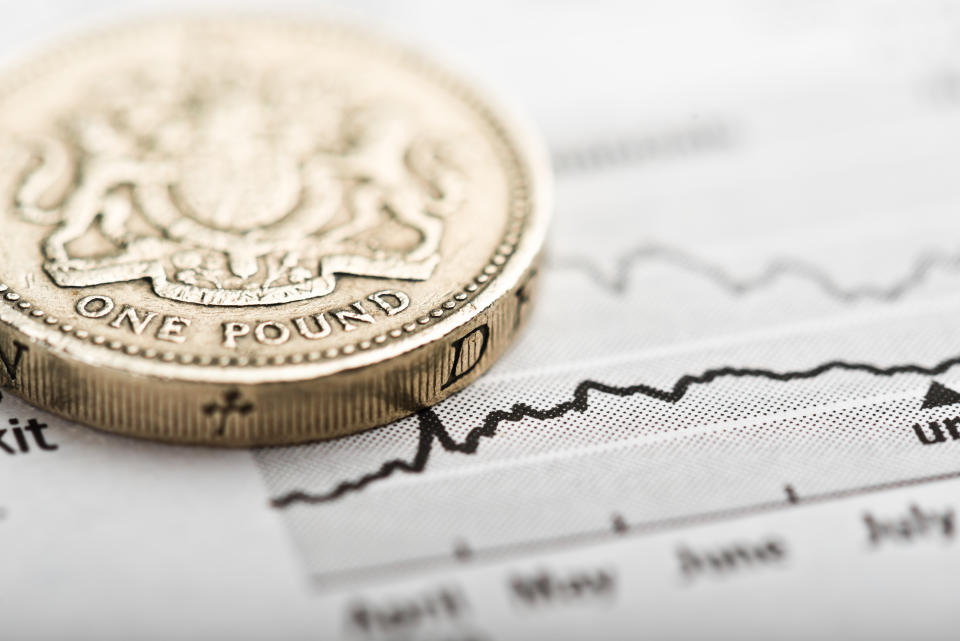Firms voice concern over leaving EU without a trade deal as private sector activity falls

Most companies have voiced concerns about a further economic shock if Britain leaves the EU without a trade deal, according to a new research by the Confederation of British Industry (CBI).
The CBI said its study suggested that three out of four firms are worried about the impact of a non-negotiated exit from the EU.
A survey of 752 businesses made it clear that most have neither the time nor resources to prepare for a non-negotiated EU exit, CBI said.
The survey also revealed that business preparations, with the UK’s biggest trading partner for the end of the transition period have stalled or gone into reverse since January.
Around 15% of firms surveyed said they have improved their preparedness for the UK’s exit from the Single Market and Customs Union, 58% report no change and 21% expressed fears preparations have gone backwards.
READ MORE: NatWest ‘completely prepared’ for no-deal Brexit
Dame Carolyn Fairbairn, director general of the CBI, said: “A deal that supports the UK’s world leading services firms and keeps UK exporters free from red tape, costs and new trade barriers is paramount as the UK takes its all-important steps towards recovery.”
Fairbairn stressed that both the UK and the EU are “desperate” for a deal that “protects their economies” following the unprecedented coronavirus crisis.
In the event that Britain leaves the EU without a trade deal at the end of the post-Brexit transition period on 31 December 2020, the UK and EU will trade on World Trade Organisation (WTO) terms, meaning tariffs and border costs on a wide range of products and goods.
Another CBI research also showed that activity in the UK private sector fell sharply in the three months to July, but at a slower pace to -57% up from -71% in June, according to CBI’s monthly Growth Indicator.
The study, which surveyed 752 companies between 25 June and 15 July 2020, saw business and professional services activity drop to -50% in July from -77% in June and distribution sales decline at a slower pace (-47% from -57%) compared to June.
Manufacturing output declined to -59% from -57% in June and consumer services activity continued to fall at broadly similar rates to -88% from -89%.
READ MORE: Coronavirus: UK economy won’t fully recover until 2024
On average, businesses said they were operating at 85% of usual capacity due to social distancing, compared with 72% when a stricter rule generally requiring two metres of distance was in force.
The data indicates that businesses gradually reopening will help boost the UK economy, although activity is still falling sharply, “particularly for those in consumer-facing sectors.”
CBI lead economist, Alpesh Paleja said: “It’s clear that many businesses remain in acute financial distress. The Chancellor’s Summer Statement was a good start in addressing the growing economic legacies of COVID, but there’s more to do.
“More immediate direct support for firms, from grants to further business rates relief, is still urgently needed.”

 Yahoo Finance
Yahoo Finance 